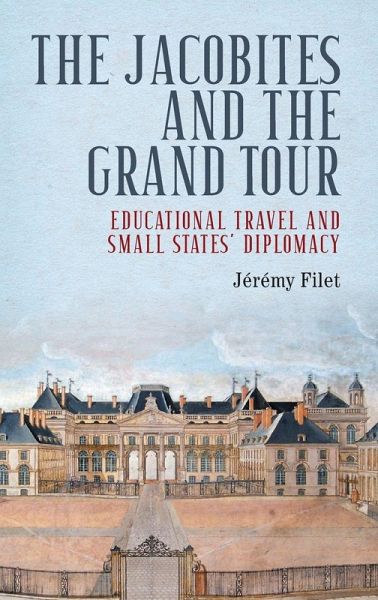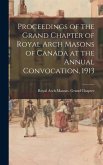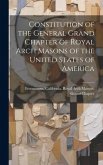The Jacobites and the Grand Tour examines the complex relationship between Jacobitism, educational travel, and small-states' diplomacy. Filet argues that travel illustrates the fundamental shift that occurred in the European politics around Jacobitism in the first half of the 18th Century. By considering how small states used official diplomacy and deployed soft power, the author unveils the mechanisms that enabled travellers to pursue their political and educational goals.The first part offers a comparative perspective on the extent of Jacobite presence in European Small States while a second part appraises the influence of Jacobitism on Small States' diplomacy, and vice-versa. The last part brings together Jacobitism and educational travel, leading us to consider continental academies as extensions of small states' diplomacy. This work exploits little-studied archival materials, as well as a wide-range of travel narratives to explain how and why certain small states decided to secretly support the Jacobite cause during the crucial years surrounding the 1715 rising. At the same time, the author shows how early modern small states sought to cultivate good relations with Britain and Ireland by attracting travellers as part of a wider trend of ensuring connections with future diplomats or politicians in case a Stuart restoration never came. By taking the Grand Tour out of the purely socio-cultural analysis, to which it has been subjected since the 1990s, Filet gives it back its political dimension. The monograph covers an understudied aspect of the political history of Europe, but its reach goes well beyond Jacobite studies and engages with court studies, travel studies, and the wider cultural history of the early modern period.
Hinweis: Dieser Artikel kann nur an eine deutsche Lieferadresse ausgeliefert werden.
Hinweis: Dieser Artikel kann nur an eine deutsche Lieferadresse ausgeliefert werden.








